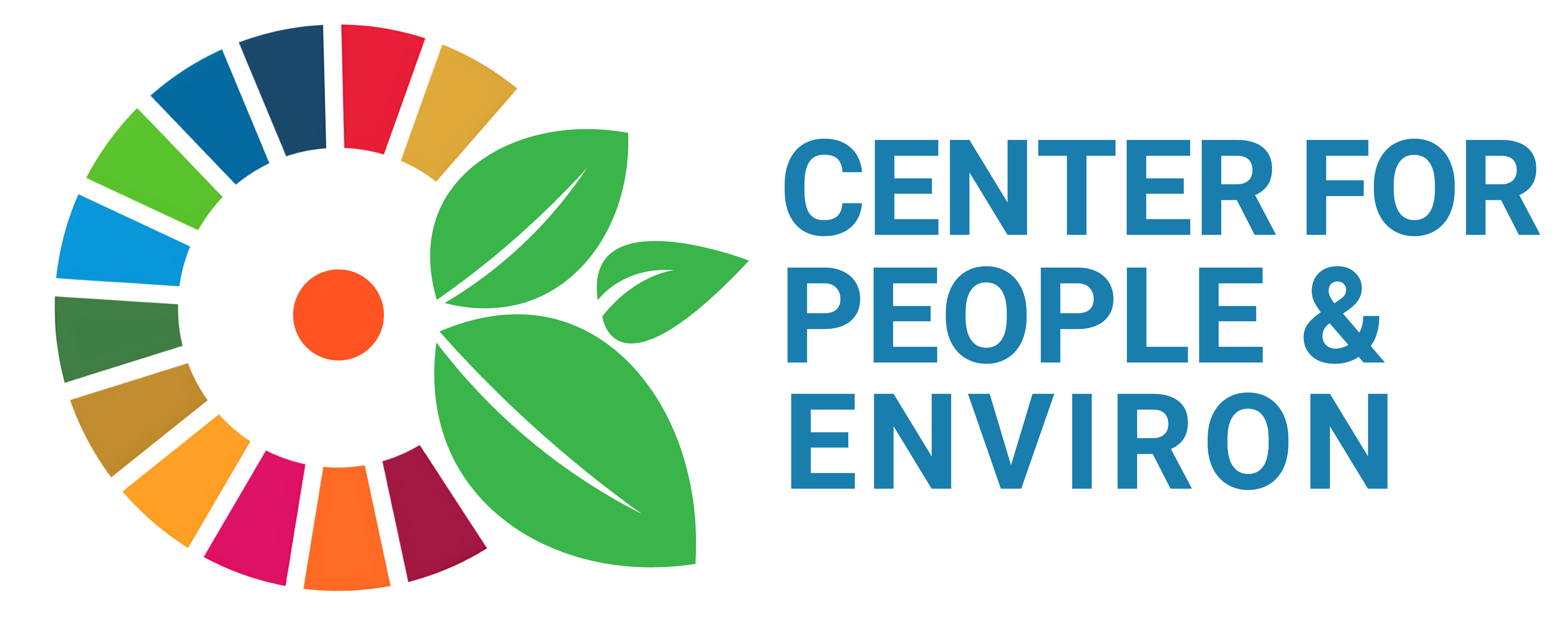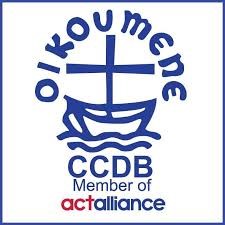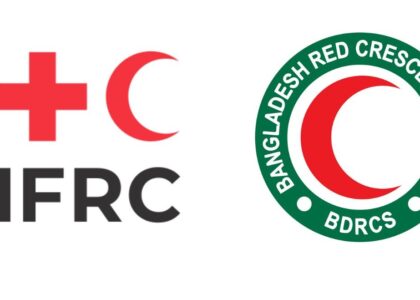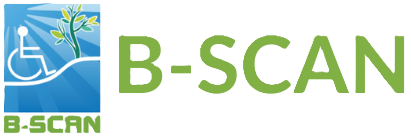Purpose of the study
The mid-term evaluation aims to review the progress of the project and measure its achievements and challenges through collating and analyzing lessons learned and good practices obtained during implementation to inform future programming strategies.
Objective of the midline study
- To assess the project design and activities, implementation strategy and approaches, challenges; and to what extent these contribute to the achievement of the project objectives.
- To draw key findings and lessons learned, recommendations to guide the project team to adjust the approach of implementation during the remaining period of the project.
- To evaluate the relevance, coherence, efficiency, effectiveness, impact, and sustainability of SLSCCVP’s interventions.
- To form a clear strategic concept on the usage and sustainability (incl. maintenance) of the Knowledge Management Center (KMC).
- To identify possible benefits derived from the KMC from a gender perspective point of view.
- To identify the strengths and weaknesses of the project management and support structure.
- To measure and find further scopes of the integration of gender and disability inclusion, and environment as cross-cutting issues. The evaluation will examine cross-cutting concerns including gender dimension, and disability inclusion in the project design and implementation.
- To identify to what extent the project ensured accountability to all levels.
- To capture the program-related learning for further improvement.
- To generate future courses of action and recommendations to further adapt the overall strategy, approach, and innovation of the project.
Methodology
Inception meetings and discussion
Desk studies of documents provided by LEDARS
Review of documents, strategy, policies, statistics, etc.
Participatory research to get actual data, perspectives, and experiential knowledge through the Household Survey (HHS)
Participatory capacity analysis of community, and institutional levels through Focus Group Discussion (FGD) and Key Informant Interview (KII).
Community Resilient Analysis
WASH resilience analysis
Capturing Most Significant Changes (MSC)
Funded By







